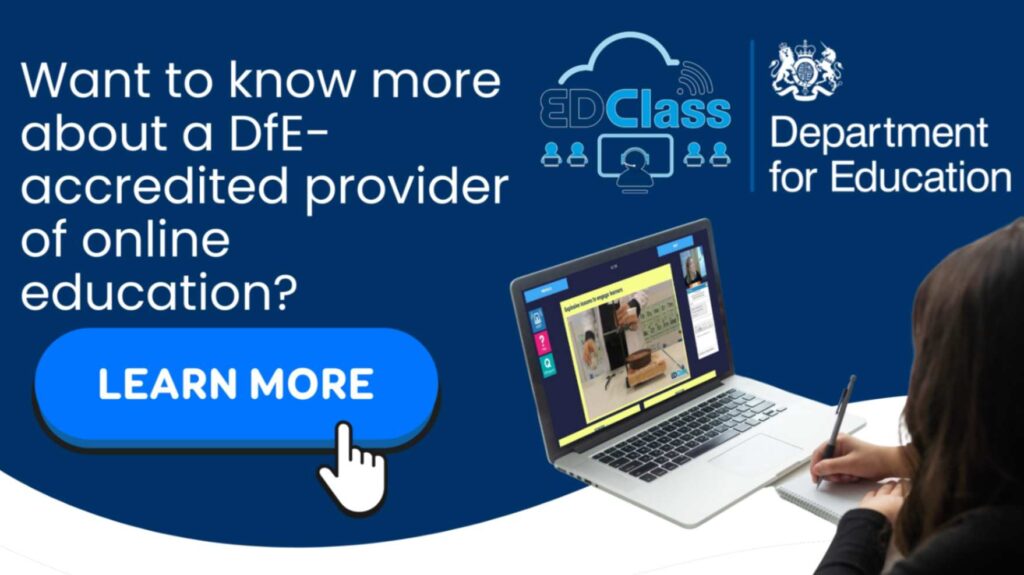Vulnerable learners often face challenges that extend far beyond the classroom. Traditional safeguarding measures, while essential, may not always address the complex needs of these students. To truly protect and empower them, we need a more holistic and proactive approach.
“Pupils with SEND often have significant and complex vulnerabilities and can face additional safeguarding challenges. This includes understanding and pre-empting increased risks that pupils may be drawn into harmful situations as a result of grooming, be more likely to experience abuse from other pupils or adults, and may experience additional barriers in reporting abuse and having abuse recognised by professionals. Inspectors will evaluate the ways in which leaders have made appropriate and effective safeguarding arrangements that reflect these additional vulnerabilities.”
We therefore must implement supportive solutions in line with government guidance and the SEND & AP Improvement Plan so learners can realise their potential and parents can have confidence high-quality support is being provided.
Understanding Vulnerability
Vulnerability can stem from various factors, including:
- Social and economic disadvantage: Poverty, unstable housing, and lack of access to resources can significantly impact a child’s well-being and learning.
- Special educational needs and disabilities (SEND): Learners with SEND may require additional support to access education and participate fully in school life.
- Mental health issues: Anxiety, depression, and trauma can affect a child’s engagement, behaviour, and overall development.
- Experiences of abuse or neglect: Trauma can have long-lasting effects on a child’s emotional and psychological well-being.
A Different Approach to Safeguarding
Traditional schooling does well to safeguard learners, but this isn’t always feasible for pupils with emotional based school avoidance (EBSA), behavioural, medical or mental health challenges. It’s imperative to integrate early intervention to highlight the root cause of challenges and find a suitable solution.
We can do this through:
Early Support: Develop robust systems for identifying vulnerable learners early on, using a combination of data analysis, teacher observations, and open communication with families.
Implement early intervention programs to address emerging needs and prevent escalation of issues.
Building Strong Relationships: Foster a culture of trust and respect where students feel comfortable disclosing concerns and seeking help.
Assign dedicated staff members, such as mentors or key workers, to provide consistent support and guidance to vulnerable learners.
Addressing the Whole Child: Recognise that vulnerability is often multifaceted and requires a multi-agency approach.
Collaborate with social services, mental health professionals, and community organisations to provide wraparound support.
Offer a range of interventions, including academic support, counselling, and social-emotional learning programs.
Empowering Students: Provide opportunities for students to develop self-advocacy skills and participate in decision-making processes that affect them.
Encourage student voice and agency in creating a safe and inclusive school environment.
Creating a Safe and Inclusive Environment: Implement anti-bullying policies and promote positive peer relationships. Ensure the physical environment is accessible and welcoming for all students and celebrate diversity whilst fostering a sense of belonging for all learners.
“We have seen responses that reflect small, flexible provision being able to address individual need in supporting children and young people to engage with education. We have also heard powerful testimony from young adults who feel their life chances were transformed through attending non-school settings.”
Try a DfE-Accredited Alternative Provider
EDClass, as a DfE-accredited alternative provider of online education provides a secure and safeguarded online platform where learners can fulfil their potential. Effective and robust safeguarding measures are integrated so learners can access one-to-one support from UK-qualified teachers safely in a supportive environment.
“A significant strength of EDClass is the oversight of pupils’ well-being and safeguarding. Leaders have established robust systems that allow their knowledgeable staff to check continually on pupils’ welfare and engagement with learning. Consequently, staff respond swiftly and appropriately to any concerns they identify.”
To acquire some more information on how EDClass can safeguard and educate vulnerable learners call 01909 568338, send an email to mail@edclass.com or enquire for more information here.









